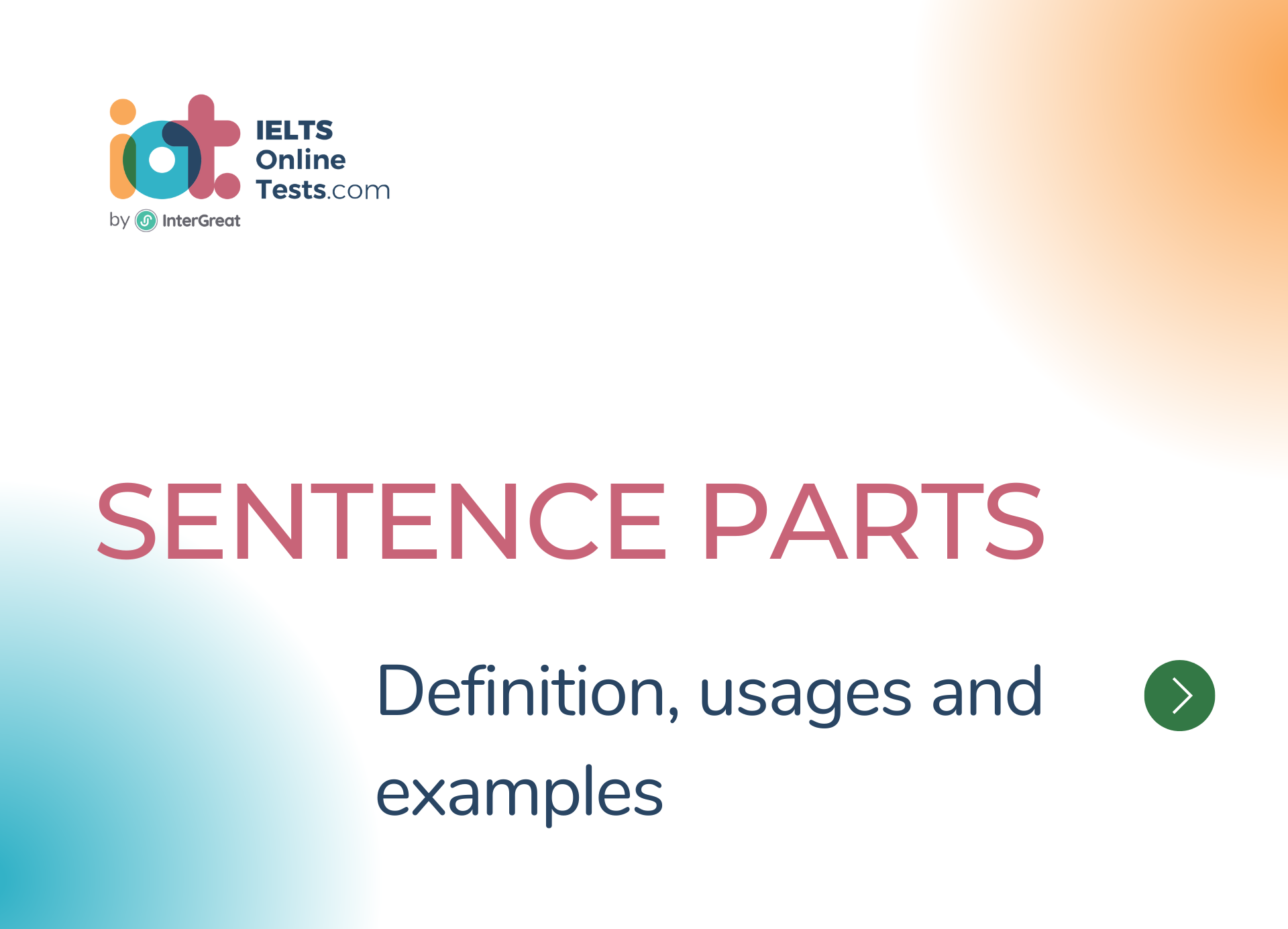
Sentence Parts in English grammar
Understanding sentence parts is essential for constructing and analyzing sentences in English grammar.
Here are the main components or sentence parts you should be familiar with:
Subject: The subject is the main noun or pronoun in a sentence. It typically performs the action or is the focus of the sentence.
Example:
- The cat is sleeping.
- We went to the beach.
- The book on the table belongs to her.
Predicate: The predicate includes the verb and provides information about the subject, such as the action or state of being.
Example:
- He enjoys playing basketball.
- She is a talented singer.
- They became best friends.
Verb: The verb expresses the action, occurrence, or state of being in a sentence. It can be an action verb (e.g., run, eat) or a linking verb (e.g., is, became).
Example:
- The dog barks loudly.
- The children laughed at the joke.
- We studied for the exam.
Object: The object is a noun or pronoun that receives the action of the verb or is affected by it. There are direct objects, indirect objects, and objects of prepositions.
Example: "She bought a book." (Direct object: book)
- She ate an apple.
- The teacher gave us a homework assignment.
- He wrote a letter to his friend.
Complement: The complement provides additional information about the subject or object. It can be a noun, adjective, or another part of speech that completes the meaning of the sentence.
Example: "He is a doctor." (Subject complement: doctor)
- She is a doctor.
- The cake smells delicious.
- The painting looks beautiful.
Adjective: An adjective describes or modifies a noun or pronoun, providing additional details about it.
Example:
- The tall man walked into the room.
- It was a sunny day.
- The red car drove past us.
Adverb: An adverb modifies a verb, adjective, or another adverb, providing information about the manner, time, place, frequency, or degree of the action or description.
Example:
- She ran quickly to catch the bus.
- He speaks English fluently.
- They arrived early for the meeting.
Preposition: A preposition shows a relationship between a noun or pronoun and another word in the sentence. It indicates location, direction, time, or other relationships.
Example:
- The book is on the table.
- She walked through the park.
- He lives in a small town.
Conjunction: A conjunction connects words, phrases, or clauses. It can be coordinating (e.g., and, but) or subordinating (e.g., because, although).
Example:
- I like tea, and she prefers coffee.
- He is studying hard because he wants to succeed.
- I will go to the party although I am tired.
Interjection: An interjection is a word or phrase used to express strong emotion, surprise, or other exclamatory feelings. It often stands alone or is followed by an exclamation mark.
Example:
- Wow! That's incredible!
- Ouch! That hurt!
- Yay! We won the game!
Understanding these sentence parts helps in constructing sentences with proper syntax and analyzing the structure and meaning of sentences in English. By recognizing and using these components effectively, you can enhance your writing and communication skills.




